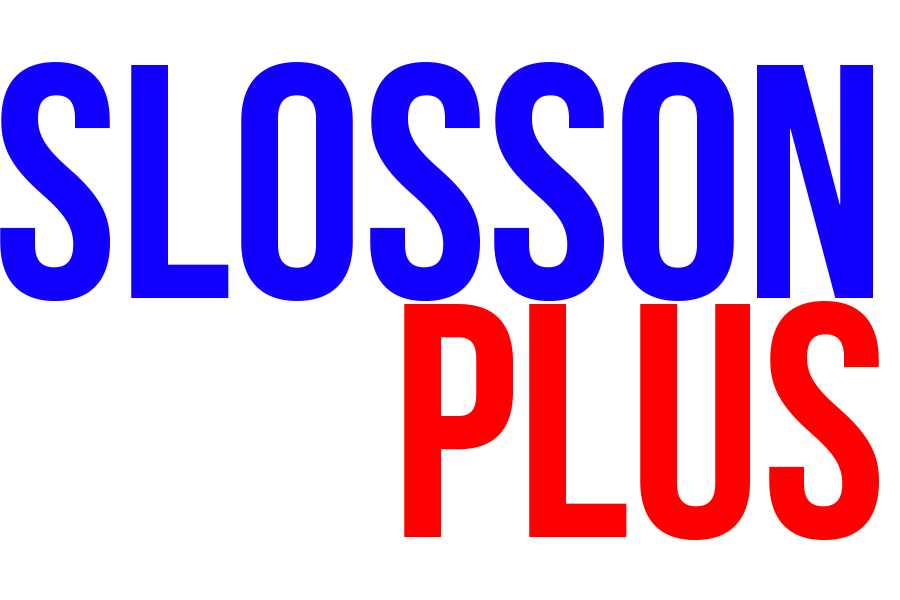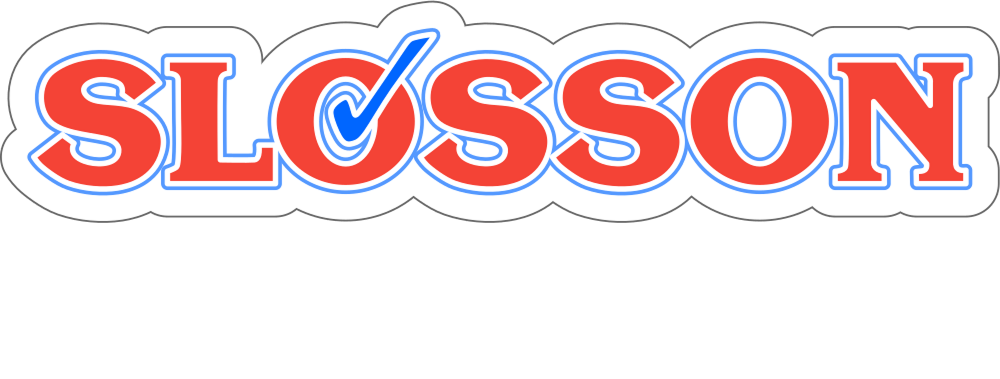Occupational Therapy / Development
We provide a wide range of helpful products to assist educators, psychologists, counselors, and more.
Educational Assessment of School youth for Occupational Therapists (EASY-OT)
Developed by occupational therapists, the EASY-OT is an assessment tool that lives up to its name. With four different developmental assessment forms made for students from preschool through high school, as well as those who are severe and profound, autistic, physically disabled and low-functioning, each version looks at the areas of fine-motor, gross-motor, visual perceptual, visual-motor and self-help skills. All the Assessment Forms (except Low-Functioning) contain a chart for recording observations about the students being tested.
Developmental Profile 3
(DP-3)
This fully revised third edition of the Developmental Profile strengthens and updates an instrument already considered the best of its kind. Like previous versions, the DP-3 evaluates children's functioning in five key areas, in just 20 to 40 minutes. However, this edition adds norm based standard scores, an expanded age range, updated item content, clearer interpretive guidelines, a nationally representative standardization sample, new empirical studies demonstrating its reliability and validity, and unlimited computer scoring and interpretation.
Test of Handwriting Skills - Revised (THS-R)
The THS-R is an untimed, clinical assessment of neurosensory integration skills evident in handwriting (both manuscript and cursive) that are often disrupted in students with learning difficulties. The THS-R provides standardized assessment of children's handwriting ability for both manuscript and cursive styles that can be used with any of the popular handwriting programs (such as Palmer, Zaner-Bloser, D'Nealian). Individually or group administered, the THS-R provides an Overall standard score, scaled subtest scores, percentiles, and stanines. Norms are based on a nationally stratified sample of 1,500 individuals.
Peabody Developmental Motor Scales - Second Edition (PDMS-2)
The PDMS-2 is an early childhood motor development program that provides (in one package) both in-depth assessment and training or remediation of gross and fine motor skills. The assessment is composed of six subtests that measure interrelated motor abilities that develop early in life. It is designed to assess the motor skills of children from birth through 5 years of age. The PDMS-2 can be used by occupational therapists, physical therapists, diagnosticians, early intervention specialists, adapted physical education teachers, psychologists, and other who are interested in examining the motor abilities of young children.
Test of Information Processing Skills (TIPS)
The TIPS provides clinicians with quick and reliable measures of how well a person processes information (letter strings) presented visually and auditorily. Short-term and working memory responses show differences between sequenced and non-sequenced retention (a hallmark of those with learning disabilities). Error analyses (Proactive Inhibition and Auditory Intrusion) document the extent to which new information is lost or its retention is inhibited.
Development Assessment of Young Children Second Edition (DAYC-2)
The DAYC-2 helps you identify children with possible delays in the domains of Cognition, Communications, Social-Emotional Development, Physical Development, and Adaptive Behavior. Each of the five domains reflects an area mandated for assessment and intervention for young children in IDEA. The domains can be assessed independently, so examiners may test only the domains that interest them or test all five domains when a measure of general development is desired. The DAYC-2 format allows examiners to obtain information about a child's abilities through observation, interview of caregivers, and direct assessment. The DAYC-2 may be used in arena assessment so that each discipline can use the evaluation tool independently.
Psychoeducational Profile - Third Edition (PEP-3)
The popular test allows you to assess the skills and behaviors of young children with autism and communication disabilities. The profile from the PEP-3 graphically charts uneven and idiosyncratic development, emerging skills, and autistic behavioral characteristic. This test meets the needs for an assessment tool to assist in the educational programming for young children (ages 3 through 5) with disabilities and is particularly useful in planning for older student's IEPs.
Detroit Tests of Learning Aptitude - Fifth Edition - (DTLA-5)
The Detroit Tests of Learning Abilities-Fifth Edition (DTLA-5) is the oldest and most venerable of the tests of specific cognitive abilities. The figure below illustrates the DTLA-5 test structure. The test includes 12 subtests: Humanities/Social Studies, Science/Mathematics, Word Opposites, Word Associations, Geometric Matrices, Geometric Sequences, Sentence Imitation, Word Span, Design Reproduction, Reversed Letters, Trail Making, and Rapid Naming. The results of the subtests can be combined to form 9 composites. Six of these composites represent different cognitive subdomains (Acquired Knowledge, Verbal Comprehension, Nonverbal Problem Solving, Verbal Memory, Nonverbal Memory, and Processing Speed); two of these composites represent larger, important cognitive domains (Reasoning Ability and Processing Ability). One global composite is formed by combining the results of all 12 of the DTLA-5 subtests and represents general cognitive ability. Examiners can administer the subtests from one or both of the DTLA-5 domains, depending on the purpose of the evaluation.
Developmental Indicators for the Assessment of Learning - Fourth Edition (DIAL-4)
The DIAL-4 provides a positive, nonthreatening environment essential to effective early screening. Children complete fun, age appropriate tasks using bright, appealing, child-friendly materials. Stimuli are presented one at a time using a dial, manipulatives, or other materials. DIAL-4 uses the same popular station format as DIAL-R. The DIAL-4 provides scores for Motor, Concepts, Language, totals an overall composite, and indicates behavioral observation cutoffs. The DIAL-4 also provides standardized scores for Self-Help and Social Development, assessed by a Parent Questionnaire. New Product Info Available soon. Please call for pricing.
Vulpe Assessment Battery - Revised (VAB-R)
The original Vulpe Assessment Battery has been successfully used by schools, clinics, and privates practices across America and internationally. The Vulpe Assessment Battery - Revised (VAB-R) is a comprehensive, process-oriented, criterion-referenced assessment that emphasizes children's functional abilities. It is appropriate for children with atypical developmental patterns related to medical or social conditions that affect their developmental potential.
Analytic Learning Disability Assessment (ALDA)
The ALDA was designed to specifically match the student's unique learning style with the most effective method. It tests 77 skills which underlie the basic school subjects. Each subtest taps a discrete learning process called a Unit Skill. Each neuropsychological Unit Skill is small, practically functional skill unit of brain processing, such as sound blending and visual figure-ground discrimination.
Attention-Deficit Hyperactivity Disorder (ADHD)
If you are an educator, therapist, or parent wondering if your student, client, or child has an attention-deficit hyperactivity disorder (ADHD), or if functional information regarding diagnosis, treatment, misconceptions, and more is needed, this resource book and associated checklist screeners are for you.






